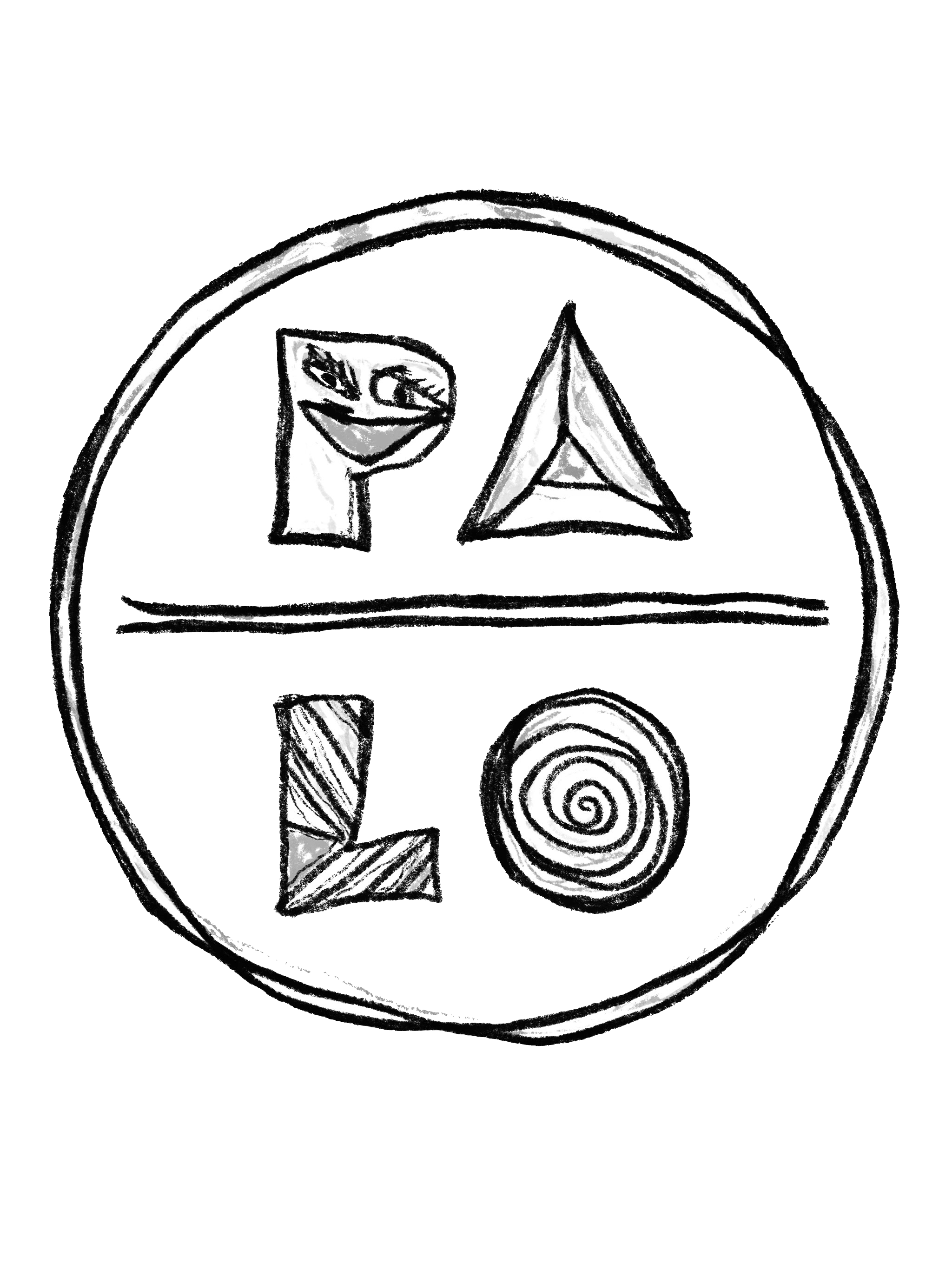Palo Gallery is pleased to present Mami Wata: the story of migration, lost religion, and female identity, a solo exhibition of recent paintings by Lewinale Havette, curated in partnership with Cierra Britton Gallery. In her inaugural solo exhibition in New York City, Havette delves into the intricate interplay between African spirituality, migration, and the quest for female identity amid displacement. Mami Wata: the story of migration, lost religion, and female identity opens September 4 at Palo Gallery’s flagship location, 30 Bond Street.
The exhibition draws its title from Mami Wata, a venerated deity symbolizing the transformative power and healing energy of water. The name Mami Wata, derived from pidgin English—a linguistic adaptation facilitating trade—epitomizes the convergence of diverse cultural influences. Displaced Africans transported their deeply entrenched beliefs, rituals, and artistic expressions, venerating water deities like Mami Wata. Celebrated across continents, this deity's symbolism transcends geographical boundaries, narrating a tale of resilience and adaptation amid cultural transitions and migrations.
Integral to this narrative are the Sibyl oracles, ancient female seers renowned for their spiritual guidance across various societies. Their prophetic wisdom underscores the enduring significance of reconnecting with and comprehending the roots of one's spirituality, providing a crucial historical framework for understanding the contemporary challenges faced by West African migrant women navigating displacement. This exhibition encapsulates Havette’s journey of reconnecting with her West African roots, profoundly influenced by her Liberian heritage. Born during Liberia's civil war, Havette’s upbringing was shaped by her father, a minister, and her mother, initially immersed in traditional African beliefs before converting to Christianity, creating a complex upbringing that juxtaposed Indigenous spirituality with Christian teachings.
Mami Wata: the story of migration, lost religion, and female identity reflects the intricacies of identity within a new cultural context, resonating with themes of displacement and the search for self-discovery among West African migrant women. By intertwining the tales of Mami Wata, the Sibyls, and her personal experiences, Havette illuminates the resilience of female spirituality and the timeless relevance of ancient wisdom in shaping contemporary narratives of belonging and identity in an increasingly globalized world. Through portraiture, narrative, and iconography, Havette invites viewers to contemplate the intersections of migration, memory, spirituality, and female identity as they evolve across time and space. She disrupts conventional figurative expectations, revealing the obscure structures that dictate significance.
Incorporating water-based materials such as watercolor and ink into dialogues with water spirits, Lewinale Havette bridges the physical and the spiritual, creating a discourse that honors both the sacred and the mundane. From works on paper to paintings on linen, Havette portrays the journey of self-discovery through an exploration of cultural heritage, spiritual connection, and the influential role of female figures in these narratives.
This body of work explores interconnected themes such as belonging, resilience, identity, religion, displacement, and power dynamics across approximately 15 new works. It celebrates the inherent strength and adaptability found in diverse cultural heritages. Havette addresses the complexities of female sexual sovereignty and power dynamics, drawing on the ancient authority embodied by figures such as Mami Wata and the Sibyls. These spiritual entities resonate deeply within narratives of female empowerment, navigating themes of displacement and pursuing spiritual and cultural grounding. The artist sheds light on the interplay of these themes, shaping contemporary understandings of belonging and identity amid global paradigm shifts.
Lewinale Havette (b. 1990, Monrovia, Liberia; lives and works in Atlanta, GA) is a painter whose work intricately explores suppressed indigenous spirituality and the impact of migration on female identities. Her practice combines abstract painting with portraiture to offer profound insights into the physical and spiritual dimensions of migrant experiences. Havette’s art often features self-portraits, spirits, water deities, and ancient prophetesses known as Sibyls, using these elements to delve into themes of power dynamics, spirituality, sexuality, religion, gender, immigration, and cultural displacement. Through her diverse use of materials—such as pencils, ink sticks, ink, acrylics, photography, and carbon paint—she captures a wide range of emotional and spiritual states, revealing the complex layers of her subjects' lives.
As a West African woman, Havette is dedicated to redefining the portrayal of Black female bodies, aiming to shift narratives shaped by patriarchal capitalism. Her work challenges traditional representations by emphasizing qualities of tenderness, strength, and resilience, countering pervasive themes of fear and powerlessness. By confronting these narratives, Havette invites viewers to engage with a more nuanced understanding of Black femininity and migrant identity, offering a rich, multifaceted perspective on the human experience.


